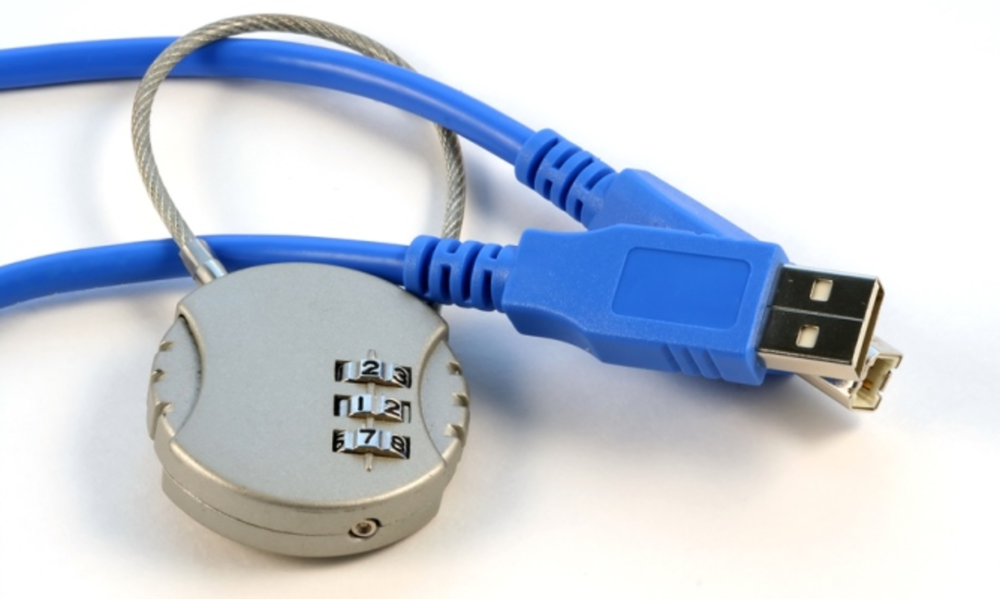If you ask any marketer to list the one essential thing they need to do their job, the majority will undoubtedly say “data.” Data makes the marketing world go ‘round. Want to deploy a targeted email campaign? You need email addresses. Want to customize your preference center? Go get yourself some customer data. Looking to target, customize, optimize, and personalize? Data, data, data.
One might wonder, then, why Lawrence Gould and Tom Donnelly, founders of 99cimages—a new stock site that sells 99-cent single-use licenses for high-resolution images—decided that their business model wouldn’t include any data collection. And the answer is simple: “When you go into a store every day and buy your newspaper or milk, they don’t ask you for your name or address—they just take your money,” Gould says. “They’re local, they’re well-priced, and that’s why you go there. You don’t need to give them your details.”
Visitors to the 99cimages site can browse images and add them to their cart, doing what one would normally do on a stock image site. The difference comes when it’s time to pay. At that point users aren’t asked to log in; they’re taken to a PayPal page to complete the transaction. Unique users are tracked through their buying session to give them a seamless browse-to-purchase experience—but that’s where the tracking ends.
This approach means that 99cimages never has to worry about data breaches; it also poses a few marketing challenges. What about lead generation, promotional emails, data gathering for targeted messaging? As Donnelly somewhat cheekily noted in the press release announcing the 99cimages site launch: “Having a username and password makes it so much easier to track users through the system. You can also fire a ton of spam junk-mail at them to send them important marketing messages that you know they will need at some point.” Touché.
Gould and Donnelly came up with the idea for 99cimages while the world was first being rocked by revelations of the Heartbleed bug. The thinking went: Why put yourself and your customers at risk for what’s essentially a minor purchase? Why create an e-commerce experience that requires registration, a login, and a complex password, and collect credit card information, only to put out the welcome mat out for would-be hackers?
“We haven’t even started to scratch the surface of the consequences of Heartbleed and how many people lost money as a result of failings in the system and the massive fraud that may have been perpetrated,” Gould says. “It’s our feeling that there’s going to be a sort of backlash and people are will interact with fewer and fewer trusted parties, and with companies like us that specifically don’t collect data.”
But it’s not like Gould is against data collection. He acknowledges that it does make sense in many cases—just not all cases. For example, at some point down the line, as 99cimages expands and offers more high-value products, asking users to authenticate themselves by creating logins and profiles will become necessary. But the 99-cent PayPal image option will always remain.
In other words, when it comes to data collection, resist the temptation to hoard. Just collect what you need—and what you actually intend to use.
While it doesn’t have customer data to rely on, 99cimages does, of course, engage in marketing, including Twitter and Facebook outreach, banner ads, and viral tactics.
As for the data-driven marketing industry, Gould in no way begrudges marketers their data collection ways—but he would give them these words of caution: “Marketeers have to collect data; it’s valuable stuff and they’ve got to send their emails out,” Gould says. “But my feeling is that the pendulum is going to swing and that there will be a backlash when people really realize how much of their information is known by brands.”








